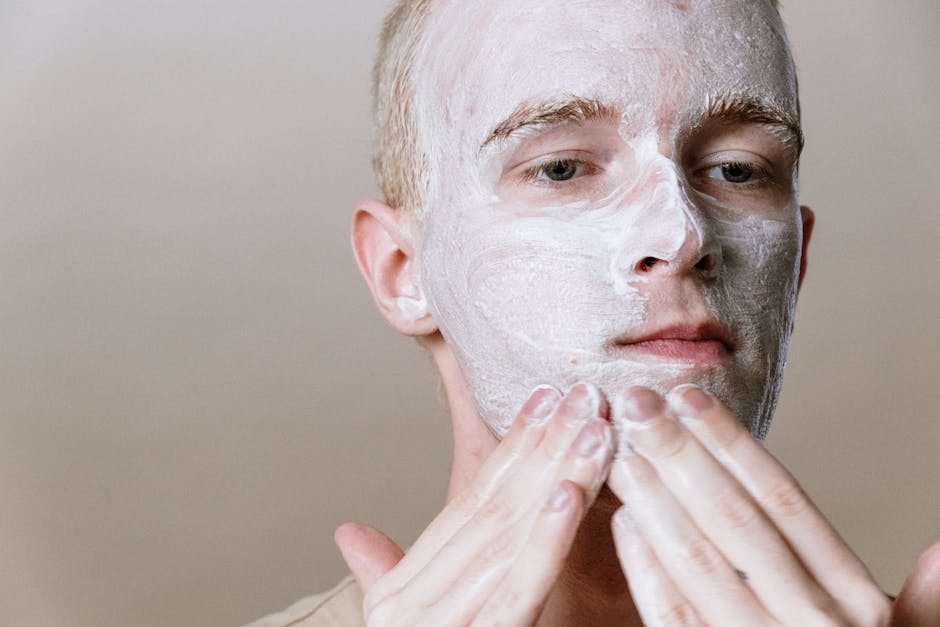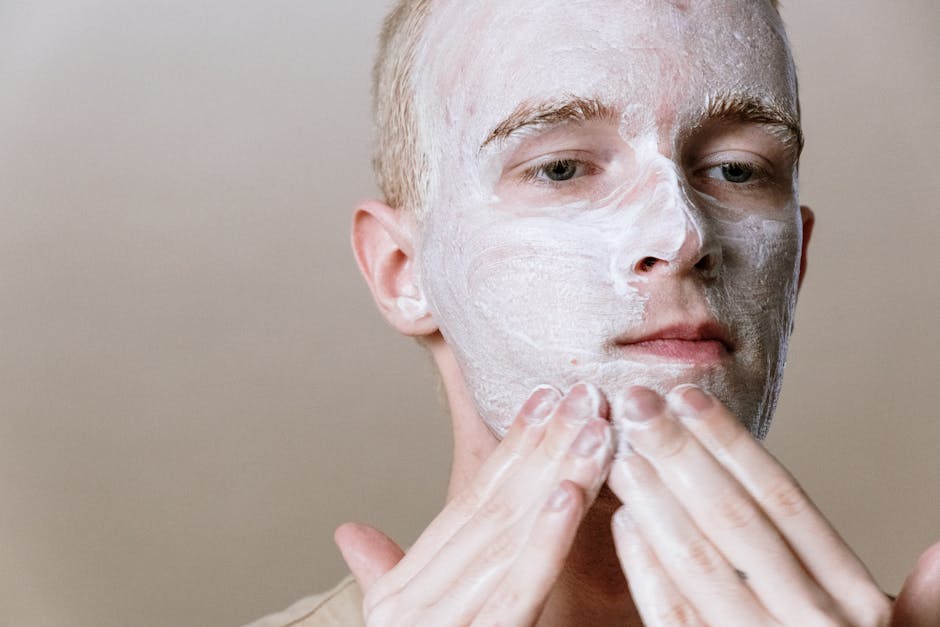Difference between acne soap and traditional treatments
Acne soap is a gentle cleanser that helps remove dirt and oil from the skin’s surface. It may contain ingredients like salicylic acid or benzoyl peroxide to help treat acne. Traditional treatments, on the other hand, include topical creams, oral medications, or procedures like chemical peels or laser therapy. Acne soap is often a more affordable and convenient option, suitable for mild acne. Traditional treatments, prescribed by a dermatologist, are typically more effective for moderate to severe acne cases. It’s essential to consult with a dermatologist to determine the best treatment plan for your specific skin needs.
Advantages of using acne soap
Acne soaps are convenient and easy to use for a daily skincare routine. They are often more affordable than traditional acne treatments, making them accessible to many people. The ingredients in acne soaps can help to cleanse the skin, unclog pores, and reduce excess oil production. Some acne soaps also contain soothing ingredients that can help calm redness and irritation.
Disadvantages of using acne soap
Using acne soap can sometimes lead to dryness and irritation, especially if your skin is sensitive. Some acne soaps may contain harsh ingredients that can strip your skin of its natural oils, leading to dry, flaky skin. Overusing acne soap can disrupt the natural balance of your skin, causing further breakouts. Remember that not all acne soaps are created equal, and what works for one person may not work for another. It’s important to be mindful of how your skin reacts and adjust your skincare routine accordingly.
Effectiveness of traditional acne treatments
Traditional acne treatments like benzoyl peroxide, salicylic acid, and retinoids are known to be effective in treating acne. Benzoyl peroxide can help kill acne-causing bacteria, while salicylic acid can exfoliate the skin and unclog pores. Retinoids work by promoting cell turnover and preventing hair follicles from becoming clogged. Combining these treatments is often more effective than using just one. It’s important to consult with a dermatologist to determine the best treatment plan for your acne.
Common ingredients in acne soap
Acne soaps often contain ingredients like salicylic acid, benzoyl peroxide, and sulfur which help to unclog pores, reduce bacteria, and eliminate excess oil on the skin. These ingredients are commonly found in over-the-counter acne treatments and are known for their effectiveness in treating mild to moderate acne. Tea tree oil and charcoal are other natural ingredients that can be present in acne soaps, offering antibacterial properties and deep cleansing benefits.
How to choose the right acne soap for your skin type
When selecting an acne soap for your skin type, it’s essential to consider your skin’s specific needs. Here’s a simple guide to help you choose the right one:
- Identify your skin type: Determine if you have oily, dry, combination, or sensitive skin.
- Look for key ingredients: Opt for acne soaps with ingredients like salicylic acid, benzoyl peroxide, or sulfur to target acne.
- Avoid harsh chemicals: Stay away from soaps with harsh chemicals that can strip your skin of its natural oils.
- Consider additional benefits: Some acne soaps also offer moisturizing or exfoliating properties, depending on your skin concerns. Remember, choosing the right acne soap can help effectively manage acne breakouts and promote healthier skin.
Side effects of traditional acne treatments
Traditional acne treatments can sometimes cause side effects such as dryness, redness, irritation, peeling, and increased sensitivity to sunlight. These side effects can vary depending on the specific treatment used, the individual’s skin type, and how frequently the treatment is applied.
Proper usage of acne soap for best results
To get the best results from acne soap, use it at least twice a day. Wet your face, lather the soap in your hands, then gently massage it onto your skin in circular motions for about 20-30 seconds. Rinse thoroughly with lukewarm water and pat dry with a clean towel. Avoid scrubbing harshly, as it can irritate your skin and worsen acne. Consistency is key when using acne soap; regular use can help keep breakouts at bay.
Combining acne soap with traditional treatments
Combining acne soap with traditional treatments can be an effective way to manage acne. Using acne soap helps to cleanse the skin and remove excess oil, dirt, and impurities that can contribute to acne. Traditional treatments like topical creams or oral medications can target acne-causing bacteria and reduce inflammation. Combining these methods can provide a more comprehensive approach to treating acne by addressing both surface-level issues and underlying causes. However, it’s important to consult with a dermatologist before combining products to ensure they are compatible and suitable for your skin type.
Conclusion: Which option is best for your skin?
Traditional acne treatments such as benzoyl peroxide and salicylic acid are proven to be effective in treating acne by targeting the root causes of breakouts. However, acne soap can be a convenient and gentle option for daily cleansing, especially for those with sensitive skin. Ultimately, the best option for your skin depends on your specific skin type and the severity of your acne. It is recommended to consult with a dermatologist to determine the most suitable treatment plan for your skin concerns.






